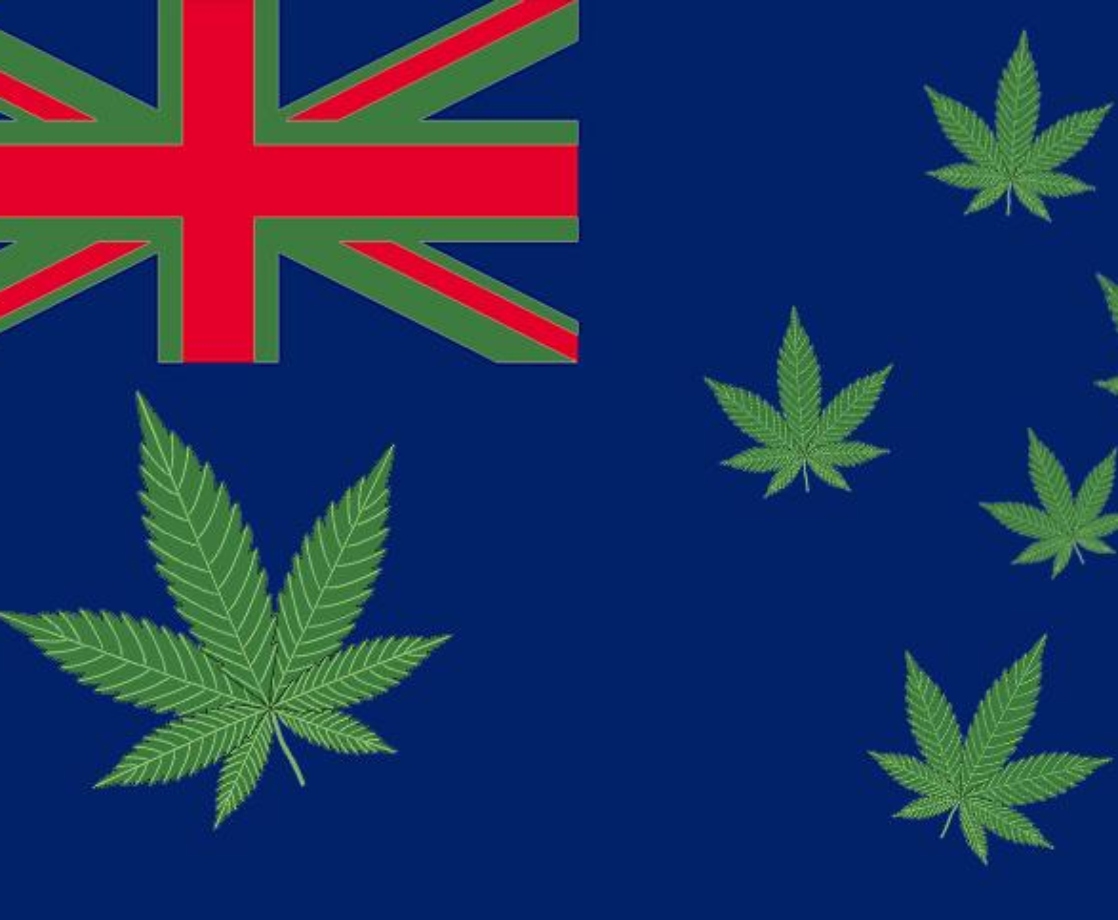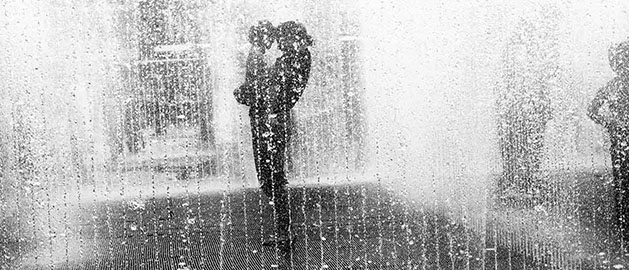This week, lawmakers in Australia’s capital city made the groundbreaking decision to legalize cannabis possession and use. This new law, which is slated to go into effect on January 31, 2020, will allow any adult 18 and over to legally possess up to 50 grams (1.76 ounces) of weed, and grow two plants per individual, or four per household. The law does not create a licensed retail market, however, and all marijuana sales will remain entirely prohibited.
The new law applies to Canberra, Australia’s capital, and all of the Australian Capital Territory (ACT), a roughly 900-square-mile territory that has nearly 400,000 residents. This territory is already known as one of the most liberal parts of Australia with respect to drug reform. The current penalty for possessing 50 grams of weed or less is only an AU$160 ($108 US) fine.
The penalty for possessing more than 50 grams — a maximum AU$8,000 fine and up to two years in jail — will remain in effect after the adult-use law goes into effect, however.
Australia legalized medical marijuana in 2016, but all recreational use remains prohibited under federal law. In the 2017-18 fiscal year, Australian cops arrested over 72,000 people for pot-related offenses. A full 92 percent of those arrested were pot users — not growers or sellers. But in spite of this strict user-focused enforcement, weed still remains the most popular drug in the country.
The ACT is the first of Australia’s eight states and territories to challenge the federal government’s prohibition of cannabis, and it remains to be seen how, exactly, the feds will react. Because the ACT is a territory — not a state — it is vulnerable to having its laws overturned by the Australian Parliament. In 2013, for example, the ACT’s decision to allow same-sex marriage was reversed by federal authorities.
ACT residents could also still face federal prosecution for possessing or using marijuana. “This does not entirely remove the risk of people being arrested under [federal] law, and we are being up front with the community about that,” said Attorney-General Gordon Ramsay, to the ACT Legislative Assembly, the BBC reports.
Officials believe federal officials are not likely to be interested in such small-scale drug crimes, however. ACT Chief Minister Andrew Barr noted that federal prosecutors are “concerned with larger matters than the possession of a small amount of drug,” CTV News reports.
It remains to be seen whether the Australian government will try to interfere with the ACT’s new law, but lawmakers could be influenced by nearby New Zealand, which will vote on cannabis legalization next year. If successful, this referendum could make New Zealand the third country in the world to legalize full adult-use, after Uruguay and Canada.











